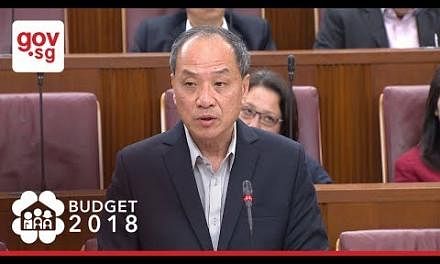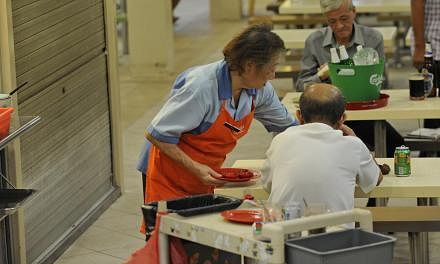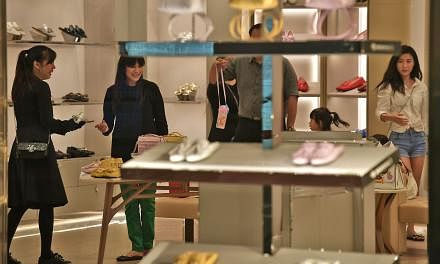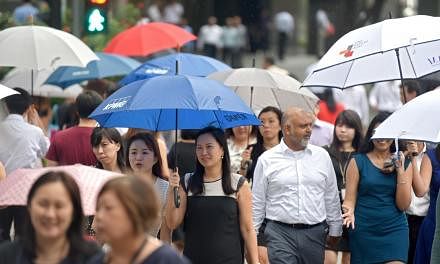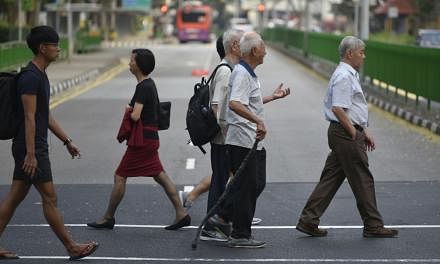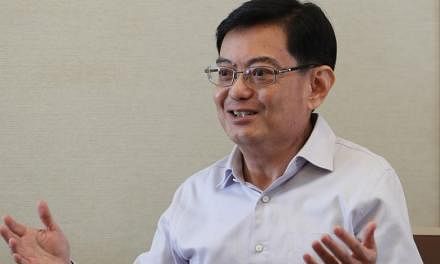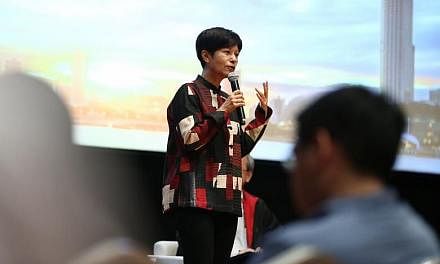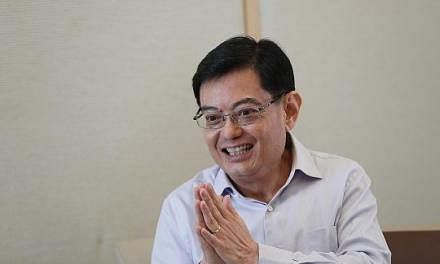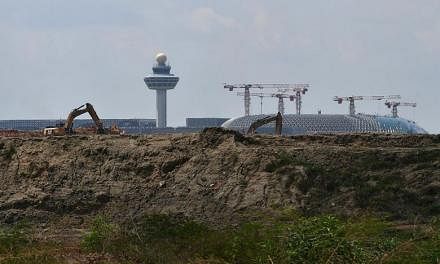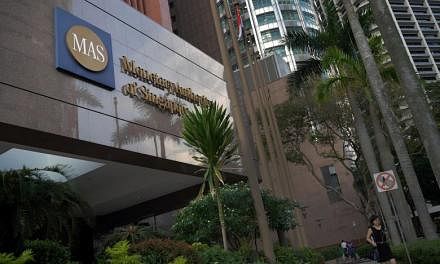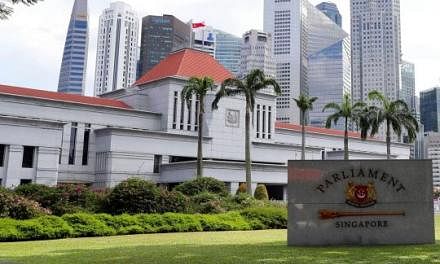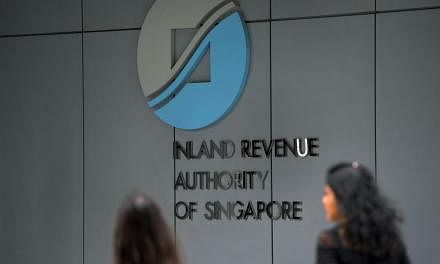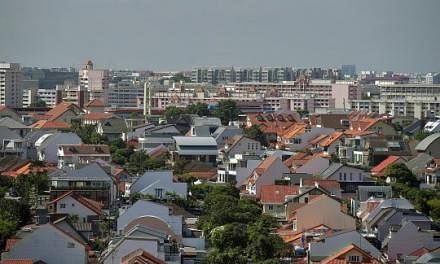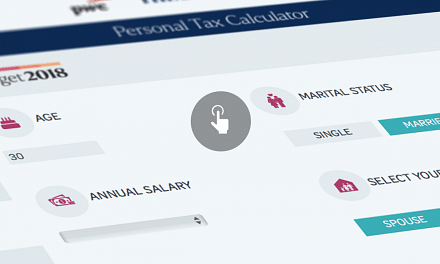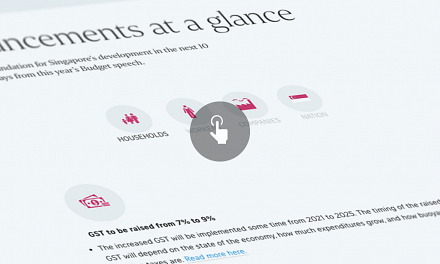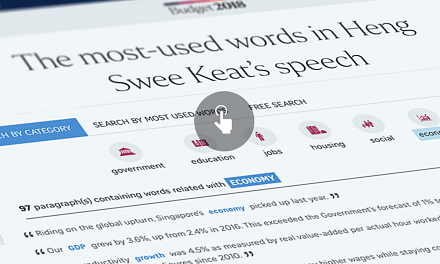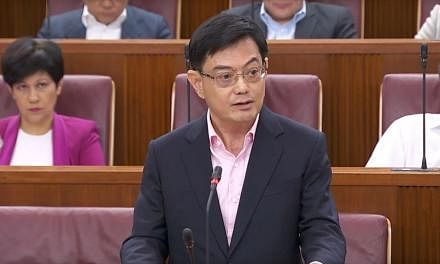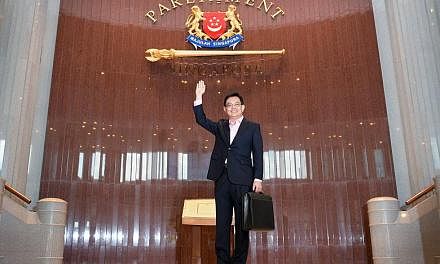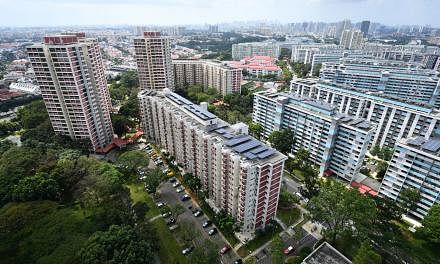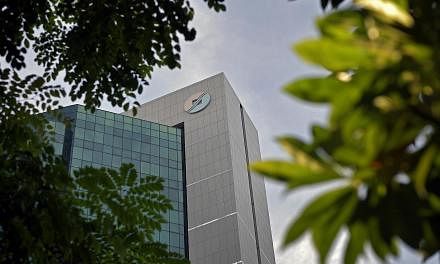SINGAPORE - The Workers' Party does not support the plan to raise Goods and Services Tax (GST), said the party's assistant secretary-general Pritam Singh, suggesting that proceeds from land sales should be used to boost revenue instead.
Stating the WP's position in Parliament on Tuesday (Feb 27), he said: "GST may well have to rise, but Singaporeans could be more likely to accept it if the Government considers the pros and cons of moving from the establishing orthodoxy, and consider new approaches that improve social protection thresholds for all."
GST is set to rise from 7 per cent to 9 per cent some time from 2021 to 2025 to support growing public spending.
Mr Singh, who was the first opposition MP to speak during the Budget debate on Tuesday, asked the Government to consider what he described as a "novel" and "relatively radical" approach to raising revenue: the use of the proceeds from land sales.
Under the Constitution, revenue from land sales is not available for budgetary spending, as land forms part of Singapore's past reserves.
The Government has said that this prevents each term of government from unnecessarily selling land to meet expenditure needs, which could drive up property prices.
It has also said that part of the income from land sales, which is invested as part of the past reserves, is already available for spending through the Net Investment Returns Contribution (NIRC) framework. The framework allows up to half of the returns from investing the reserves to be spent.
Mr Singh, noting these reasons, said the issue of unnecessary land sales can be addresed with a cap on the amount of earnings that can be used, such as "not more than 20 per cent of the value of average land sales over 20 years, or 20 per cent of land sales for that year, whichever is lower".
"This would give no good reason for an ill-advised government to ramp up land sales when in government to increase its own income," said the Aljunied GRC MP.
He added that while part of the proceeds from land sales can already be used through the NIRC framework, there will be greater transparency if there is no "co-mingling" of the income from land sales with other reserves for investment.
This can also guard against "the consequences of poor investment decisions" by the entities investing Singapore's reserves such a GIC, said Mr Singh.
In his 20-minute speech, Mr Singh also said the Government had not made clear what its projected expenditure will be in future when GST is slated to go up by 2 per cent.
Intiatives under the Smart Nation push, such as moving to become a cashless society, could also make Singapore more efficient in tax collection and "is likely to have a positive impact on tax revenues", he suggested.
Given this, there is a "lack of clarity" on whether it is necessary to raise GST, he said, adding: "In view of the absence of such details, the Workers' Party is unable to support the announcement of a GST hike at this moment in time."
Speaking after Mr Singh, MP Lim Biow Chuan (Mountbatten) opposed the suggestion to include land sales in budgetary spending.
"Once the land is sold, the asset is gone," said Mr Lim.
WP chairman Sylvia Lim (Aljuned GRC) asked Mr Lim to clarify what he meant, saying that land is sold on leasehold terms and will eventually revert back to the state.
In response, Mr Lim said land is sold on 99-year leases, which means a land parcel sold can only be sold again after the lease expires in 99 years.


